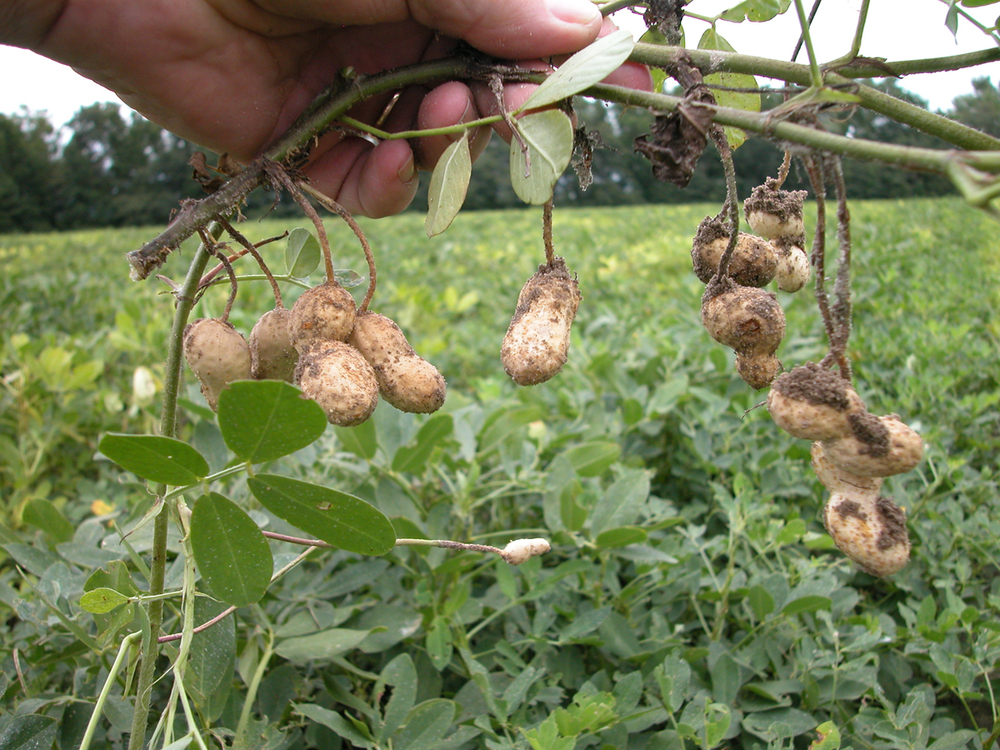Groundnut
Ghana's Golden Harvest: The Growing Export Market for Groundnuts
Ghana, known for its agricultural diversity and fertile lands, has emerged as a significant player in the global export market for groundnuts, also known as peanuts. The country's favorable growing conditions, dedicated farmers, and increasing global demand have contributed to the success of the groundnut export industry. In this blog post, we will explore the thriving market for Ghanaian groundnuts, highlighting the reasons behind its growth, the economic impact, and the benefits for local farmers and the nation's economy.
Ideal Agro-climatic Conditions
Ghana's favorable climate, with its abundant sunshine and well-distributed rainfall, provides ideal conditions for groundnut cultivation. The country's diverse agro-ecological zones allow for year-round production, ensuring a consistent supply of high-quality groundnuts for both domestic consumption and export markets.
Rising Global Demand
Groundnuts are a staple crop and a popular snack worldwide, known for their nutritional value and versatility in various culinary applications. Ghanaian groundnuts have gained recognition for their superior quality, taste, and size, making them highly sought after by international buyers. The export market for Ghanaian groundnuts extends to destinations in Africa, Europe, Asia, and the Americas.
Economic Benefits and Foreign Exchange Earnings
The export of groundnuts has significant economic benefits for Ghana. It contributes to the country's foreign exchange earnings, helps improve the balance of trade, and stimulates economic growth. The revenue generated from groundnut exports creates employment opportunities along the value chain, benefiting farmers, traders, processors, and other stakeholders involved in the export process.
Empowering Local Farmers
The export market for groundnuts provides a valuable opportunity for Ghanaian farmers to improve their livelihoods. Groundnut cultivation offers a source of income and stability, especially for small-scale farmers. Increased demand for Ghanaian groundnuts encourages farmers to adopt modern agricultural practices, including improved seeds, efficient irrigation methods, and sustainable farming techniques, leading to increased productivity and income generation.
Government Support and Value Addition
The Ghanaian government recognizes the importance of the groundnut sector and has implemented initiatives to support farmers and promote value addition within the industry. These include access to credit facilities, training programs, and the establishment of processing facilities to add value to the crop. Such support enhances the competitiveness of Ghanaian groundnuts in the global market and creates opportunities for farmers to participate in higher-value segments of the value chain.
The export of groundnuts from Ghana is a testament to the country's agricultural potential and its ability to meet global market demands. With favorable agro-climatic conditions, increasing global recognition, and government support, the groundnut industry has become a thriving sector, empowering local farmers and contributing to Ghana's economic growth. As Ghana continues to invest in the groundnut sector, promoting sustainable farming practices, value addition, and market access, the export of groundnuts will continue to flourish, benefiting farmers and the nation as a whole.




